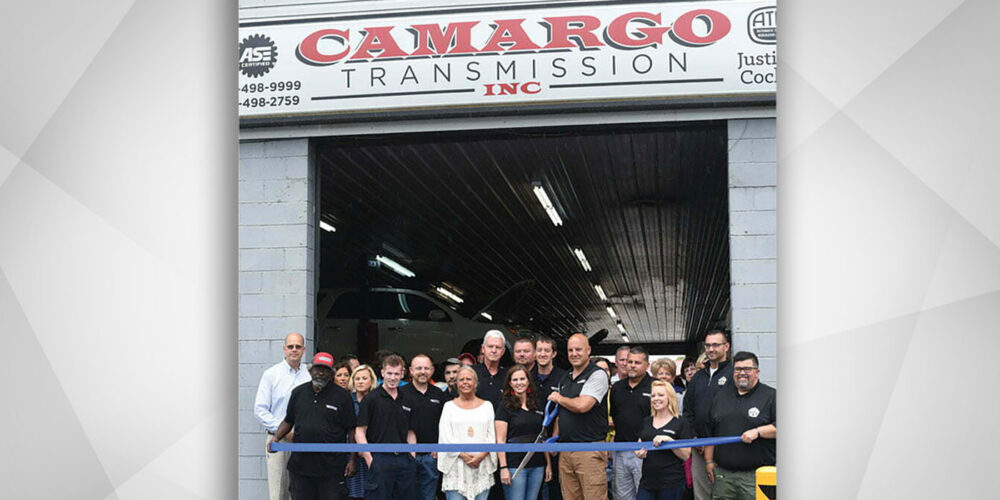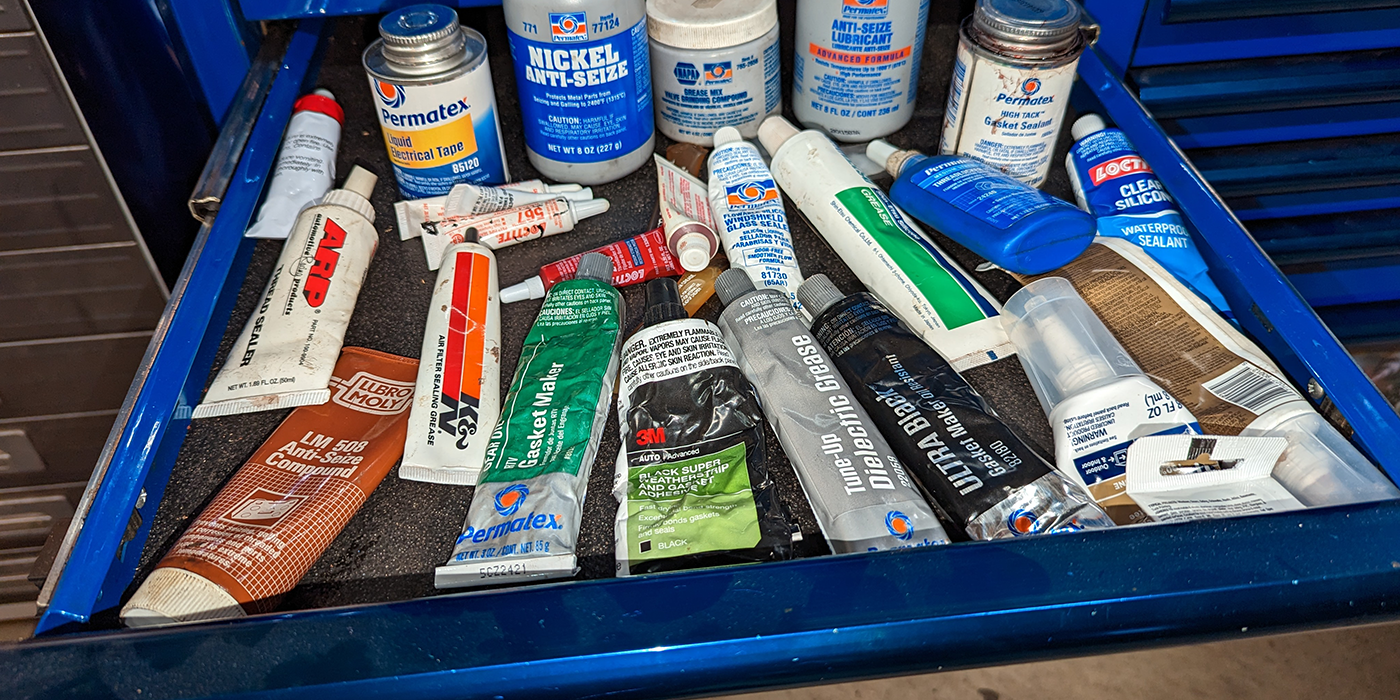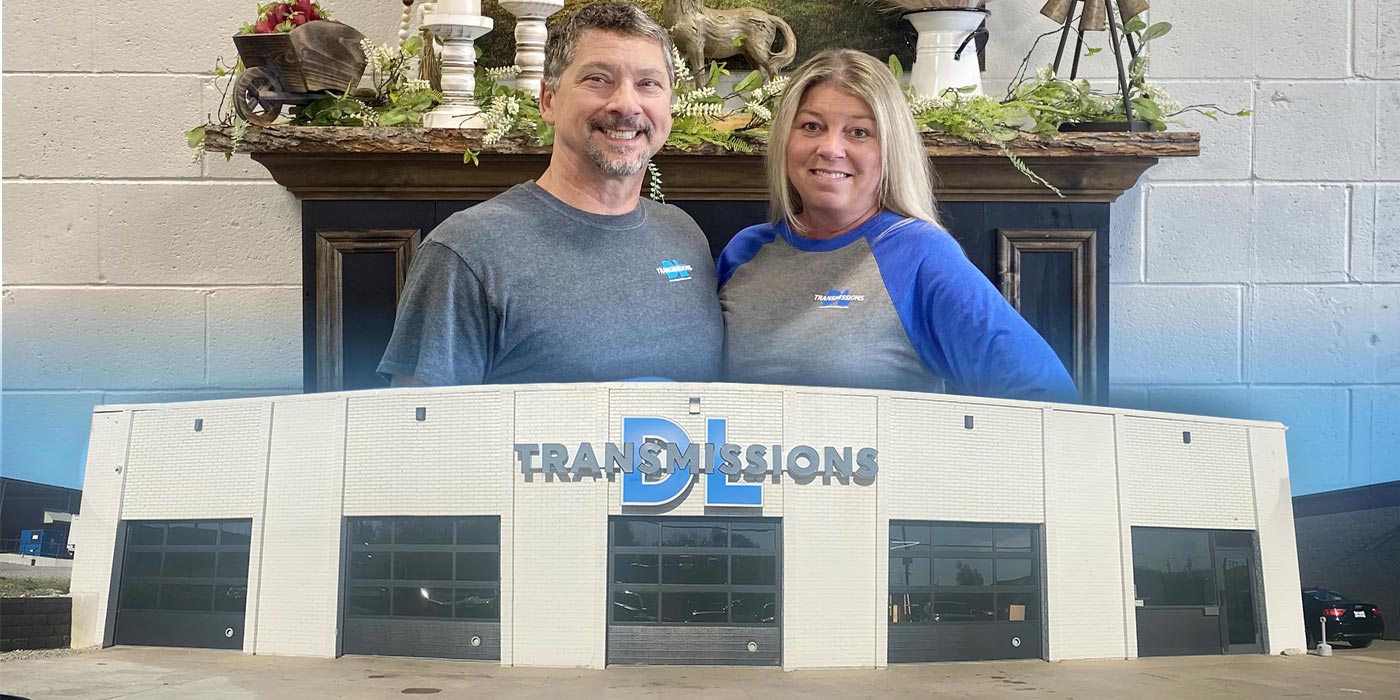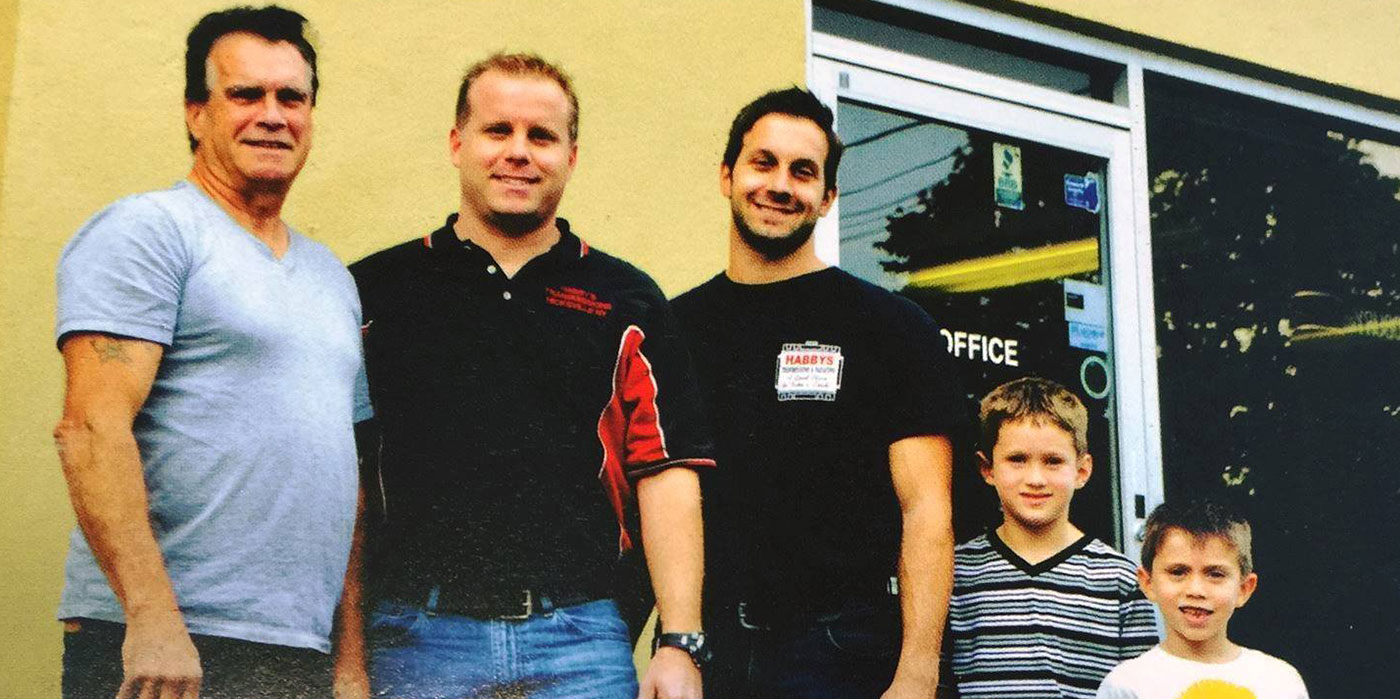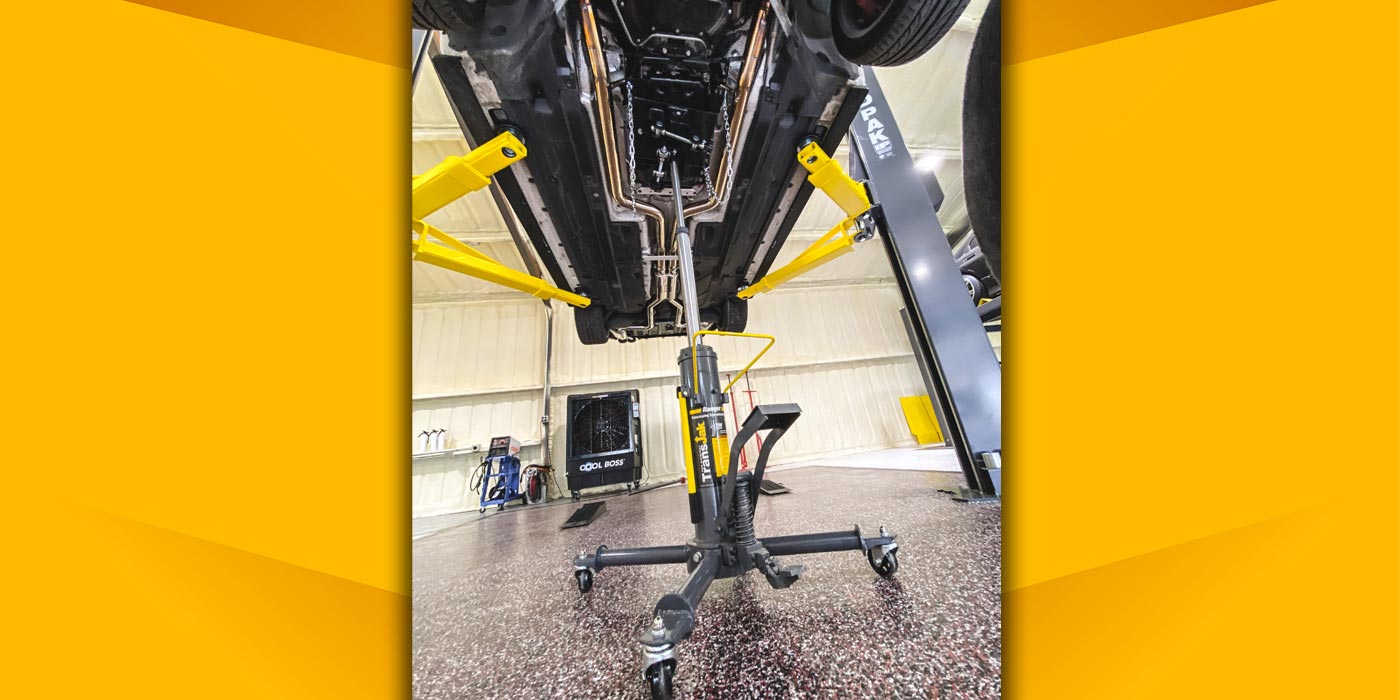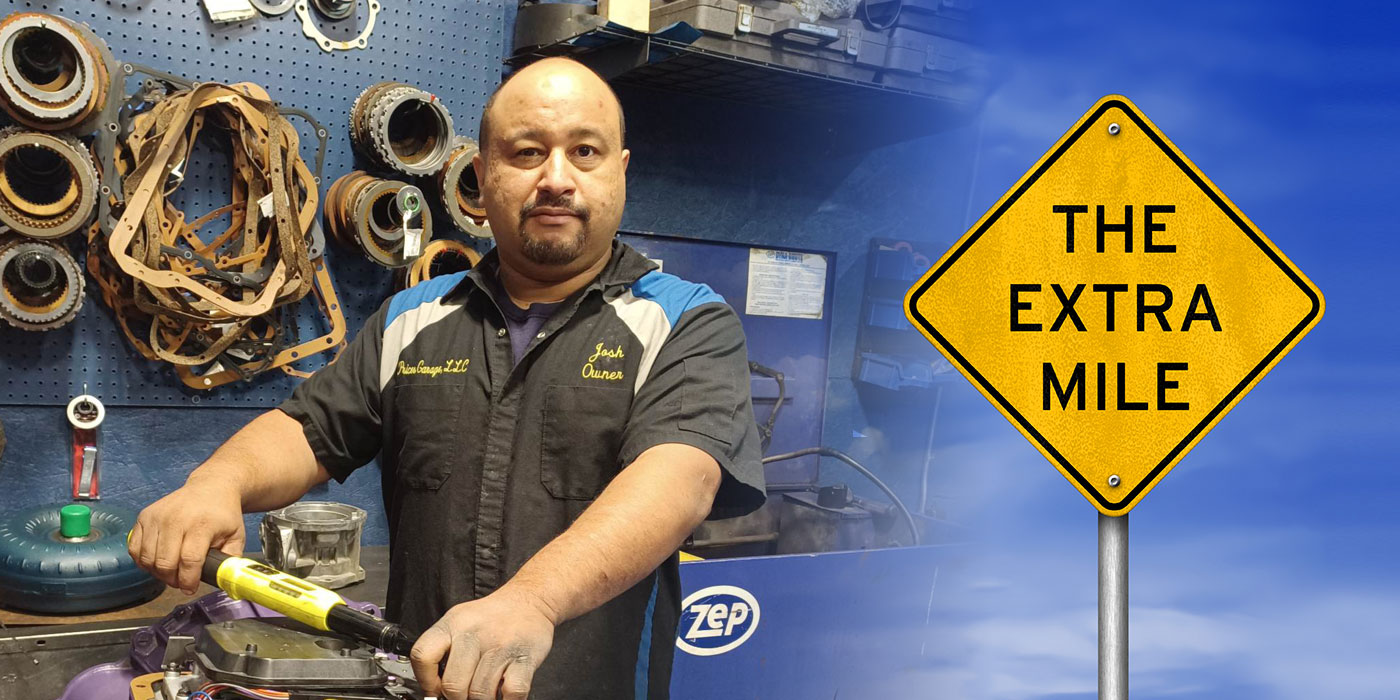
It’s Your Business
- Subject: Maintaining ethical standards when business falters
- Essential Reading: Shop Owner, Center Manager
- Author: Terry Greenhut, Transmission Digest Business Editor
In Hollywood they say that anytime you can get your name in the papers or other media it’s good publicity no matter how bad the incident. The idea is that even if you’ve done something horrible, the curiosity seekers will want to hear or read about it and then come to see the person who did it in their next public appearance. That may be fine for Hollywood, but it doesn’t work in the automotive business.
The slightest hint of impropriety can ruin a business that it took many years of honesty and sacrifice to build. Every industry has a few bad apples, but they are not my main concern. Although I don’t want to see their shenanigans hurt our industry’s good name, I know that they hurt their own businesses far worse than anyone else’s. The few that we might have will self-destruct over time.
It’s as P.T. Barnum said, “You can fool all of the people some of the time and some of the people all of the time, but you can’t fool all of the people all of the time.” These cheaters live very unhappy lives and are always hiding out from someone, either a customer, the press or some government agency. They tend to spend more time in court than in their shops trying to explain what they did to their customers. They live by the principle that if you cheat everybody, only a certain number will complain, so you handle them and reap the ill-gotten bounty from the rest. I don’t feel sorry for them. They deserve whatever they ultimately get.
My concern is for the legitimate shop owner who has worked hard to maintain a good community image. If his business falters, will his ethics be affected? Will he ever resort to the tactics for which he has always condemned his less-than-scrupulous competitor? Can he be unknowingly duped by a manager whose heart is in the wrong place?
Tough questions! The answers may be even tougher. I think ethics are something that you have or you don’t. I don’t believe that they come from being religious or from what your teachers may have taught you while you were growing up in school. I think they come from an inner sense of right and wrong. If you’ve lived your life on the basis of a high ethical standard, I don’t think you can change it midstream. If you begin to lean toward the dark side the guilt and remorse will just eat you up, so changing your entire M.O. probably would do little more than make you miserable.
Who cheats in any business, and why? Two kinds of people: those who are just plain greedy and those who can’t figure out or are too lazy to do business the right way. There is nothing to be done with the greedy ones. They won’t change. I’ve met enough of them to know. All they care about is the money. The lazy ones will blame everyone and everything else for their failures and use all of it as an excuse for cheating.
The only category for which I can have a little respect is the ignorant, those who just don’t know why it’s not going well and would do something about it if they only knew what to do. I don’t have a whole lot of respect for them, though, because with all the help that’s around today in the form of training materials and consultants they still can’t seem to find anyone who they think can teach them how to save their businesses. Makes me wonder how hard they are looking.
A good owner who has always been concerned about what his employees and customers think of him and the way he conducts his business also can put himself in jeopardy by hiring the wrong manager or by not insisting on and monitoring honesty. There are some managers floating around who believe they have to prove to the owner that he did the right thing in hiring them by coming up with huge tickets and forcing customers to buy repairs that may not be prudent. They put the owner’s business in jeopardy, which isn’t helping anyone. Some owners have been known to turn a blind eye to a manager who is raking in the money for them. They would rather believe that the guy is just a super salesman than to oversee and catch mistakes or worse. Any owner who is doing that just isn’t the brightest candle in the box. He could lose everything when it all comes tumbling down.

I know one manager who talks so fast and so far above the customer’s head that there isn’t a chance he will be understood. In order for the customer to not look foolish he usually stands there nodding in agreement and winds up buying the whole package. I couldn’t even understand him, and I knew what he was talking about.
I know of another who gets customers to sign blank repair orders and fills in the rest later on. If the customer claims he didn’t agree to all the repairs, the manager says to the motor-vehicle inspector or the judge, “He must have agreed. Look, he signed right here.”
Any owner who lets his manager see him performing any kind of shady acts, in essence, is giving that manager a license to steal. Without actually saying it he is giving his approval to those types of activities. And then there is the possibility of the disease being contagious. The manager steals from the customer; the owner tolerates it long enough to see the extra money, and then throws in with the manager to help him steal. Works OK for the owner ’til the day he realizes that “a thief is a thief” and the manager is stealing from him at the same time.
So, here are your choices: Oops, you don’t have any. If you’re honest just be what your heart is telling you to be and find honest ways to make the money you need.
Here’s why some shops don’t make the money they need. If any of these apply to your business you can easily fix them and go on being the good guy you want to be:
- 1) Not keeping up with the labor rate or parts markup. What went up in price this year? Health insurance, fuel, oils of all kinds, parts, salaries etc.? Did your labor rate go up to compensate? Did you increase the gross profit margin on your parts? Most shops are years behind in raising their prices. They’re afraid the increase will cost them business. If they don’t increase, it can cost them their entire business or make them believe they somehow have to cheat to make up for the loss. It’s rather ironic that their fear of facing the customer with a legitimately higher price makes them do something much more difficult – cheat.
- 2) Not performing complete vehicle inspections for first-time customers. Statistically, an average of $750 worth of repairs and maintenance services can legitimately be found on first-time vehicles entering the shop. The only problem is they don’t jump out and say, “Hey, here I am.” You have to find them and sell them to the customer.
- 3) No follow-up to bring customers back for additional repairs and services. It’s too hard. It takes too much time. I’m too busy (Yeah, busy doing what? Not making any money). The true winners in this business are the ones who run a whole business. That means they take care of the customer’s car from cradle to grave (so to speak). They are everything to their customers, and those customers are never even given the chance to buy from anyone else. They are mailed, e-mailed and called. They are offered appointments, reminded of appointments, given special offers and discounts you would think are reserved for first-time customers. They are offered incentives and bonuses. They are contacted regularly throughout the year and shown that their business is important. They are pampered, but they are charged good money for the services they receive and are happy to pay for the best.
- 4) Not going after large sources of business. Who in this business does outside sales? Hardly anybody. Talk about a wide-open market. Whom would you rather buy from: somebody you already met, who is likable and sounds honest, or a strange company with a coupon in the newspaper? Personal contact still works. You need to get out and knock on doors, big doors: Companies with fleets, government agencies of all kinds, stores, factories, you name it. Every business has vehicles. Somebody is fixing and servicing them. If it’s not you that’s only because the other company has an outside salesperson and you don’t.
Next time I walk into a shop that has little or no business and find the owner or manager playing computer games instead of being out drumming up business, I’d like to do two things: first, kick the chair out from under him, and second, go out into the shop and announce to the crew that the owner doesn’t give a damn about them. Maybe that would make him mad enough to do something.
The bottom line here is that you don’t have to cheat anybody to make money in this business. You just have to stop cheating yourself out of your legacy by tweaking your business into what it should be.

Visit www.TerryGreenhut.com.





